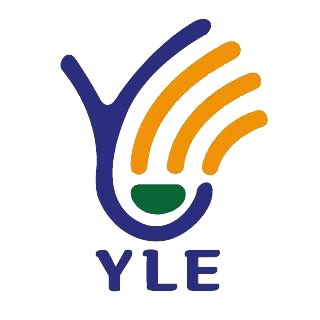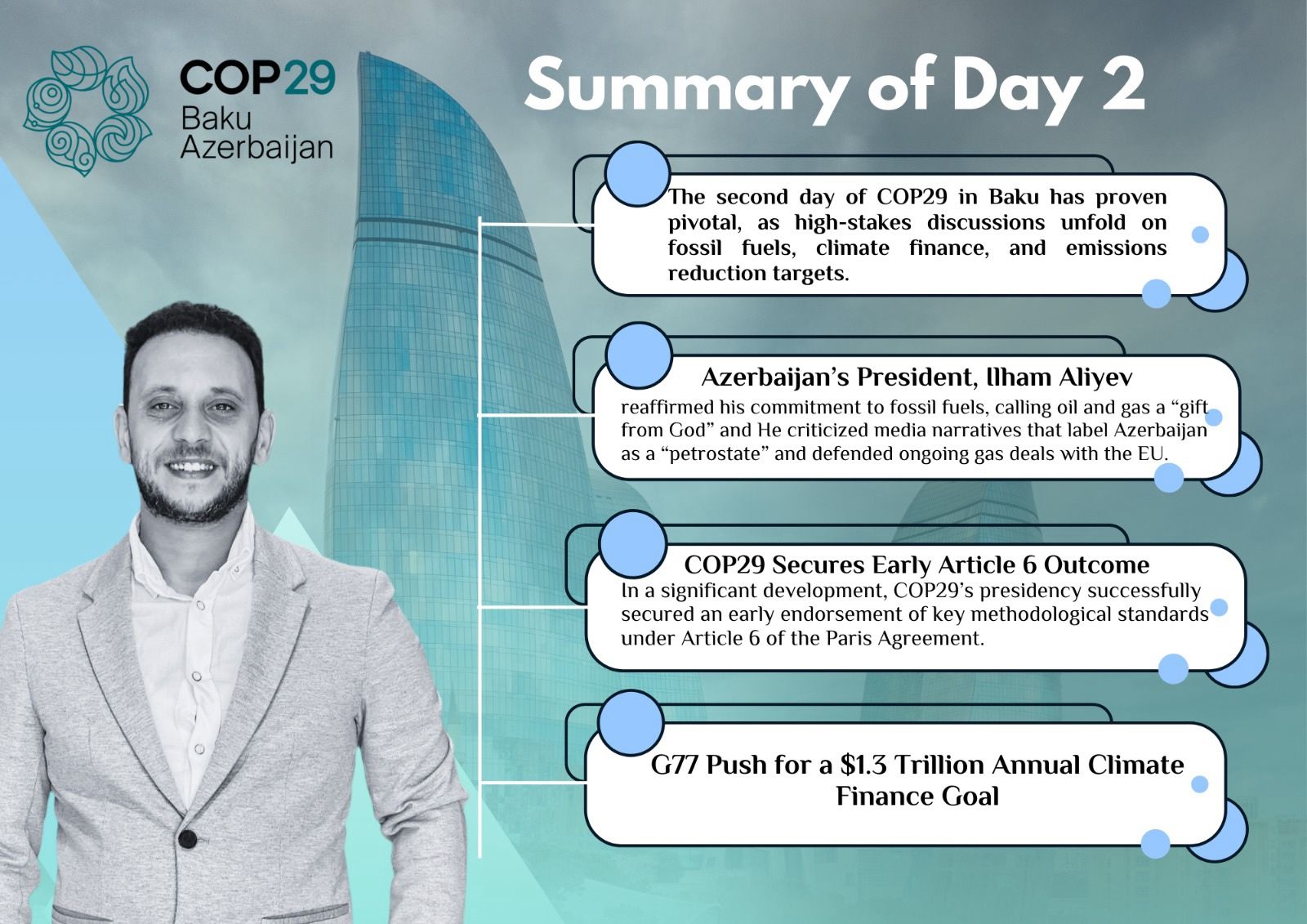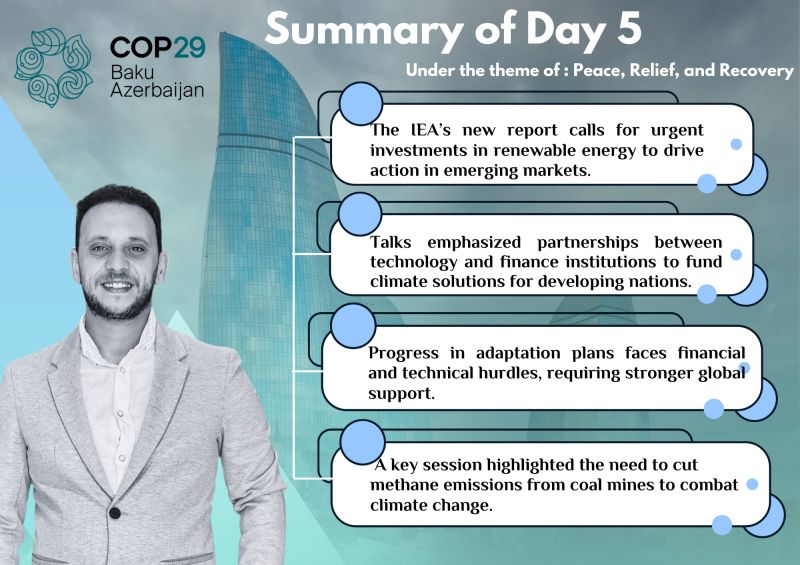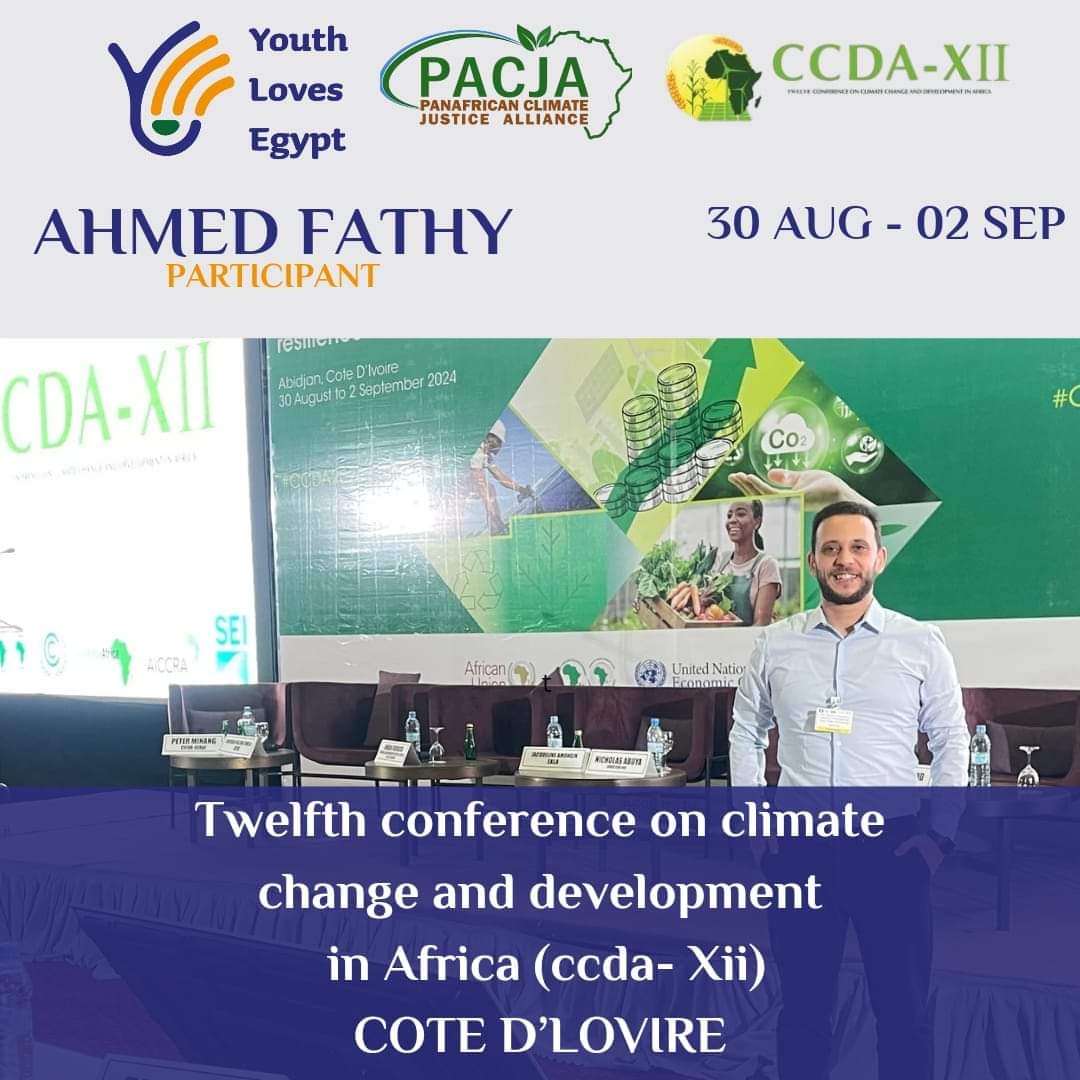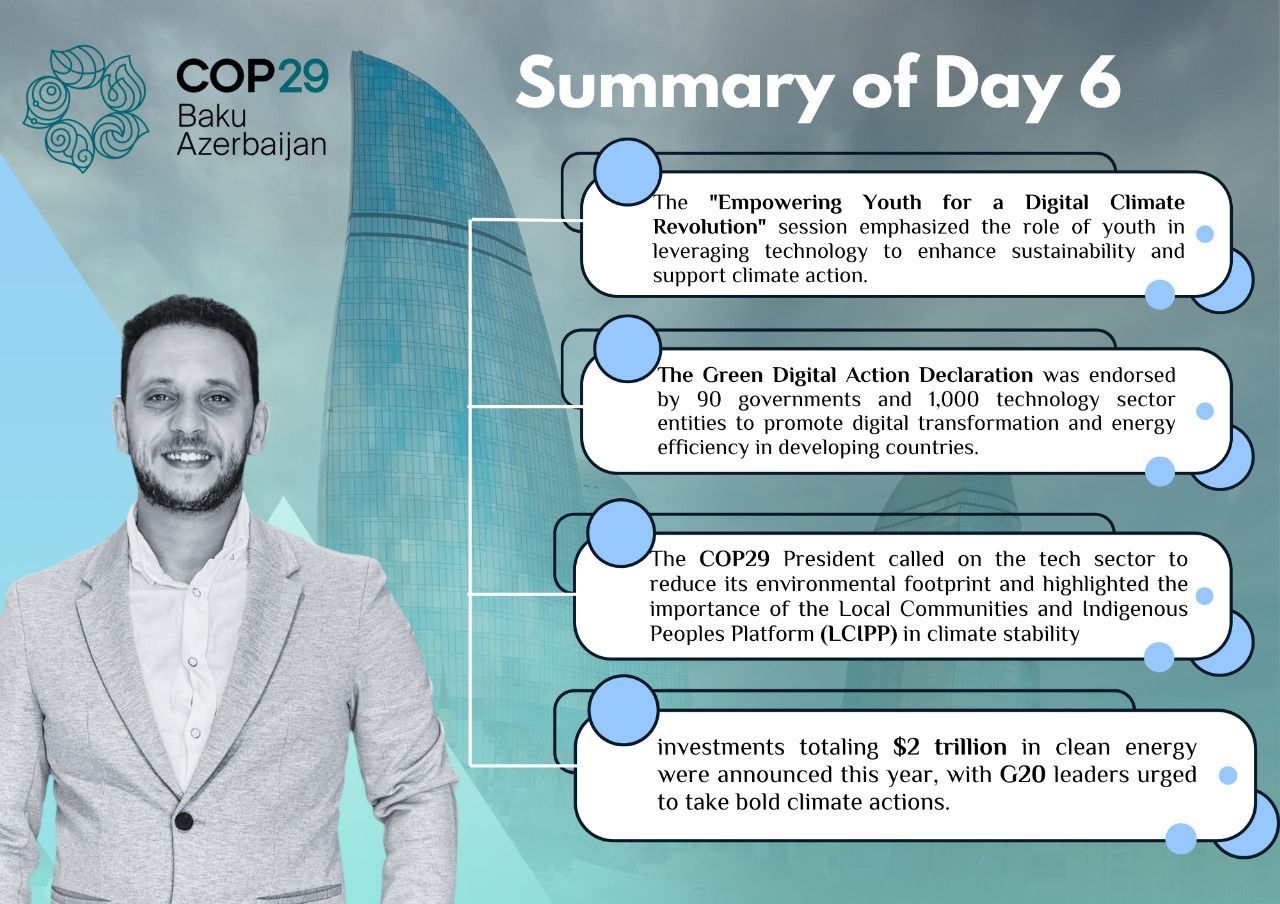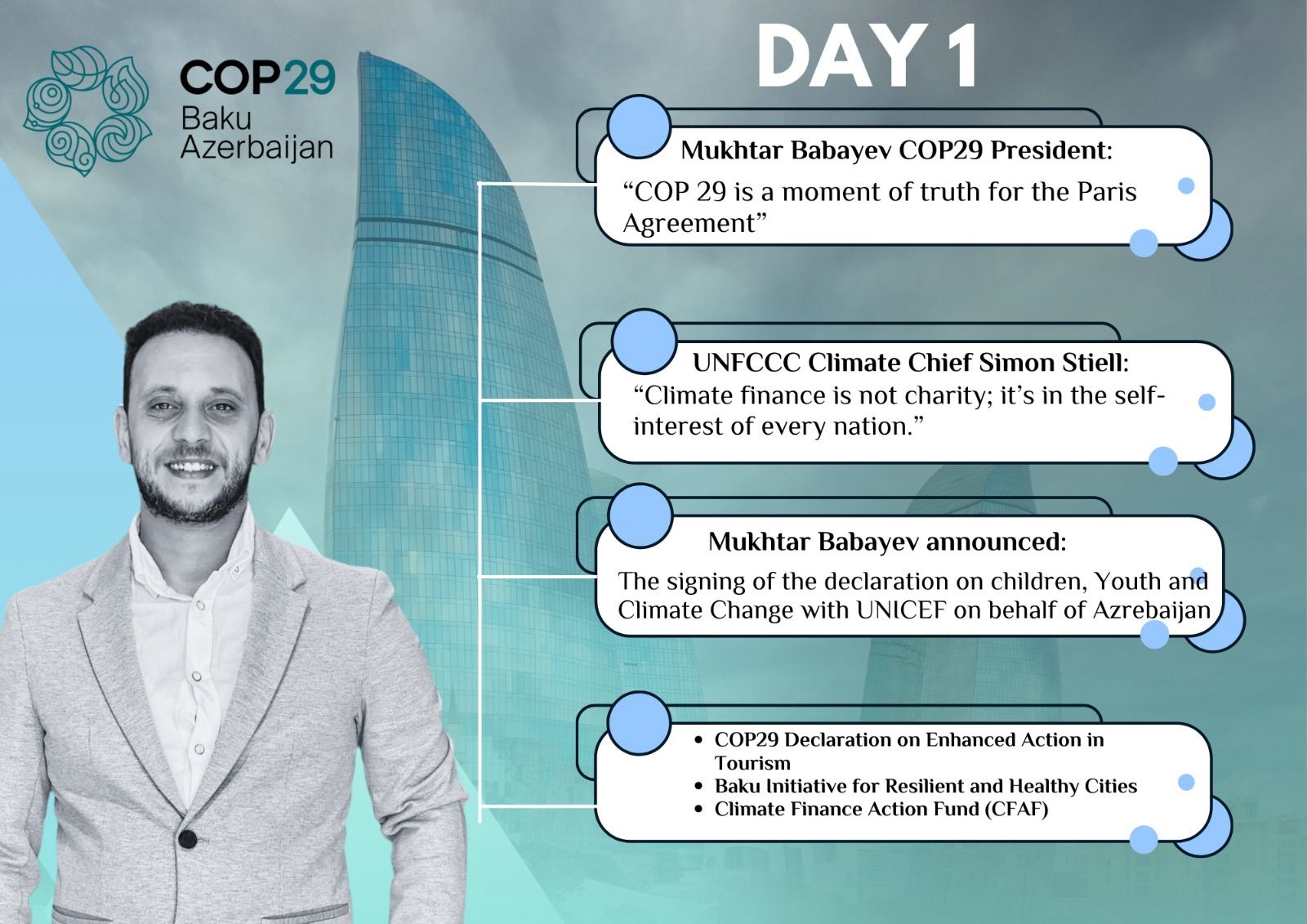The second day of COP29 in Baku has proven pivotal, as high-stakes discussions unfold on fossil fuels, climate finance, and emissions reduction targets.
Azerbaijan’s President Defends Fossil Fuels
Azerbaijan’s President, Ilham Aliyev, reaffirmed his commitment to fossil fuels, calling oil and gas a “gift from God” amid growing global pressure to transition to cleaner energy. He criticized media narratives that label Azerbaijan as a “petrostate” and defended ongoing gas deals with the EU. This comes as UN Secretary-General António Guterres emphasizes reducing global fossil fuel production by 30% by 2030 to meet the 1.5°C climate target.
COP29 Secures Early Article 6 Outcome
In a significant development, COP29’s presidency successfully secured an early endorsement of key methodological standards under Article 6 of the Paris Agreement. This step forward comes after two years of stalled negotiations on carbon crediting mechanisms. The decision allows countries to formally accept standards focusing on crediting mitigation activities, including carbon removals. COP President Mukhtar Babayev highlighted the spirit of compromise, though some parties raised concerns about governance and the limited review process.
G77 Push for a $1.3 Trillion Annual Climate Finance Goal
The G77 and China bloc have united in demanding $1.3 trillion per year in climate finance post-2025, stressing the need for equitable funding that excludes fossil fuel projects. This demand highlights the ongoing challenge of financing adaptation, mitigation, and loss and damage for vulnerable countries.
UK’s Ambitious Emissions Reduction Target
UK Prime Minister Keir Starmer announced a new emissions reduction target of 81% by 2035, showcasing strong climate leadership. However, activists are calling for concrete plans to meet these targets, particularly as the UK faces challenges in achieving its 2030 goals.
Climate Finance as Global Inflation Insurance
UN Climate Chief Simon Stiell highlighted the economic impact of climate change, stating, “The climate crisis is fast becoming an economy-killer,” and framing climate finance as essential “global inflation insurance.” He urged leaders to provide substantial financial support to developing nations to help alleviate the global cost-of-living crisis.
Key Highlights
- New Loss & Damage Funding: Sweden pledged $18 million to the Loss and Damage Fund, a key point of discussion at COP29.
- Calls for Climate Finance Transparency: Many developing nations stress the need for clear mechanisms to track and verify fund deployment.
- Fossil Fuels vs. Renewable Energy: The divide between fossil fuel-dependent nations and those advocating for rapid decarbonization has deepened, underscoring the urgency of moving away from fossil fuels for a sustainable future.
